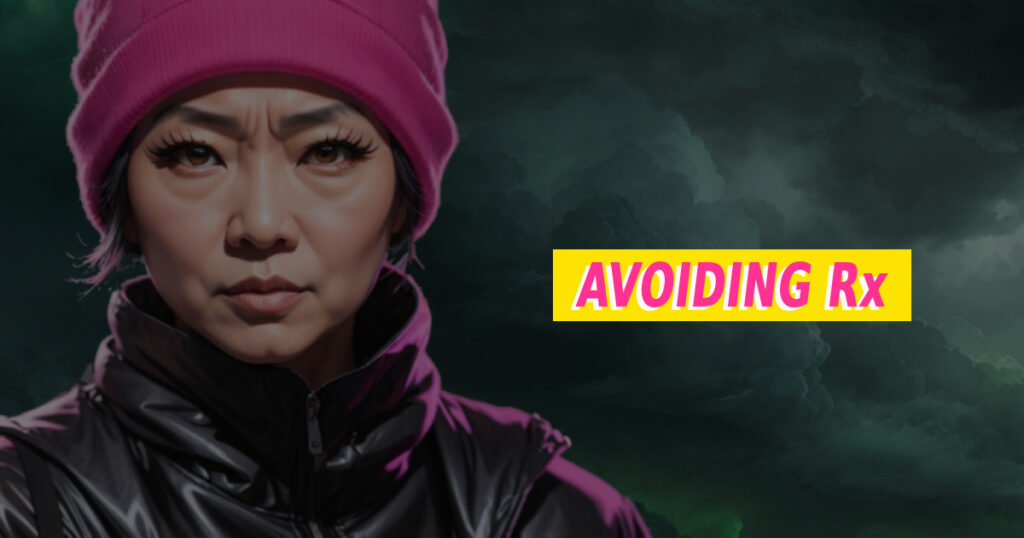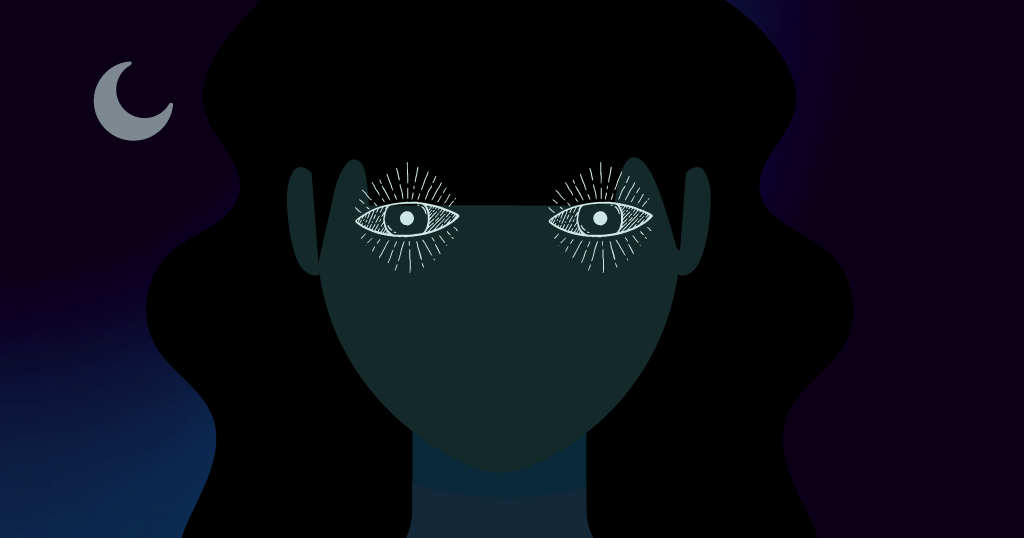
I originally started down the alternative medicine path out of desperation for a cure for my decades-long, god-awful depression.
(Here’s my April 2011 post about how I got rid of it over a period of two years.)
Adding to the burden of depression and mental illness is having to deal with the very large percentage of the population who cannot relate to experiences they haven’t had themselves.* Like feeling effing horrid all the time. So you learn not to tell anyone about it.
For a year two friends and I wrote about our experiences with this and other frustrations of the illness on our (now-defunct) blog Blessed Depth. Here’s a list we compiled of assumptions about depression that tick us off.
“Happiness is a choice.”
Happiness is not the opposite of depression. The opposite of depression is Not. Being. Depressed. You can be non-depressed and still be miserable.
“Everyone has bad days.”
…Which they know will end tomorrow or next week. Depression doesn’t end.
“You have to try harder” or “Nothing will be handed to you.”
I had to work twenty times harder than a mood-stable person just to get up in the morning, and I did it for years. We’re talking about completely different scales of effort.
“Lower your expectations.”
Because you’ll be so much better off when you abandon your goals and accept your fate as a mere onlooker of real life, peasant!
“Count your blessings.”
Kiss my ass.
“You don’t act/look depressed.”
Acting depressed is not socially rewarded, and social exclusion doesn’t help much of anything. And why should I have to act a certain way to meet your expectations? Shall we bring back sumptuary laws, too, so you can tell how much money I make based on the clothes I wear?
All your health problems are due to depression, even if you’ve recovered from it.
Even after my mood had been relatively fine for years, any healthcare visit would end with a doctor linking whatever my current complaint was to that part of my medical history. Strangely enough, however, healthcare practitioners stopped doing it before friends and acquaintances did.
I have said this before and I will say it again: depression doesn’t CAUSE anything. It is a symptom that often occurs with a bunch of other symptoms.
Depression is a mysterious illness that can only be understood, evaluated and treated by trained professionals.
This is bullshit. Doctors frequently know little more about depression than what they’re told by their pharma sales reps. Some of them are still repeating the long-debunked theory that it’s caused by a serotonin imbalance.
By observing your reaction to your diet, your environment, stressors, season changes, etc., you can make some interesting correlations. Even a negative reaction to something is a clue. The problem, of course, is that when you’re really depressed, just tying your shoes is too tedious too bear, never mind performing any sort of long-term self-experiment whilst exercising strict adherence to the scientific method.
In fact this can be an insurmountable obstacle, which is why I’m all for prescription drugs — or whatever works — if they can get you to a better-functioning place.
(*) I suspect some of these people are depressed themselves but are too — sheltered? stupid? befogged? unworldly? brainwashed? — to know it.
When this content was published
The content on this page was first posted in April 2012 and updated in May 2023.






Interesting. I read your earlier post just now, and for me, too, getting off gluten seems to be key for so many issues, mood disorders included. I don’t think everyone needs to give up gluten, but when I look at my personal payoff (no more eczema, no more joint pain, improved thyroid test, and I’ve never been happier) I kinda want to suggest it to everyone…but I refrain.
Marjorie, do you have any opinion of the so called “gluten sensitivity” blood test – the one that looks at the IgG? We saw an allergy specialist who gave the test to my son, and she said the test indicated he should be gluten free, but another doctor said it merely indicates gluten exposure.
I’m afraid I don’t know much about it. It’s been a very long time since I followed gluten-related news and back then it was mostly through the Celiac List, because other info sources were nonexistent or unreliable. I don’t know even know how celiac disease is distinguished from gluten sensitivity.
I kept a copy of my ’98 test for celiac, which was negative. I later wrote a note on it that says my results could actually be in the low positive range, according to Celiac List info. Hopefully testing is more accurate now!
Back then doctors relied entirely on blood test results for diagnosis, while celiac experts insisted that diagnosis should be based on a patient satisfying ONE OR TWO of the following: history, blood test, biopsy of small bowel villi, and response to the diet. Negative test results did not necessarily mean a negative diagnosis.